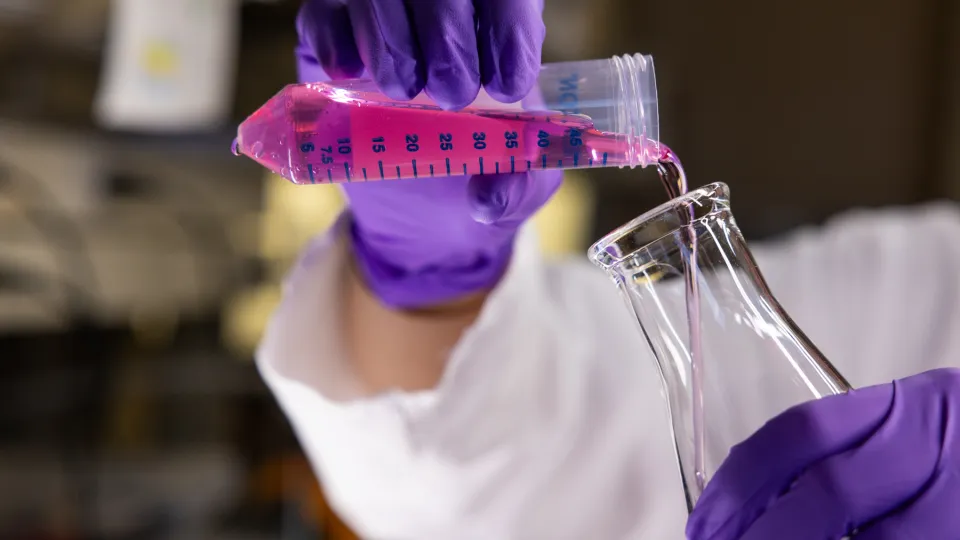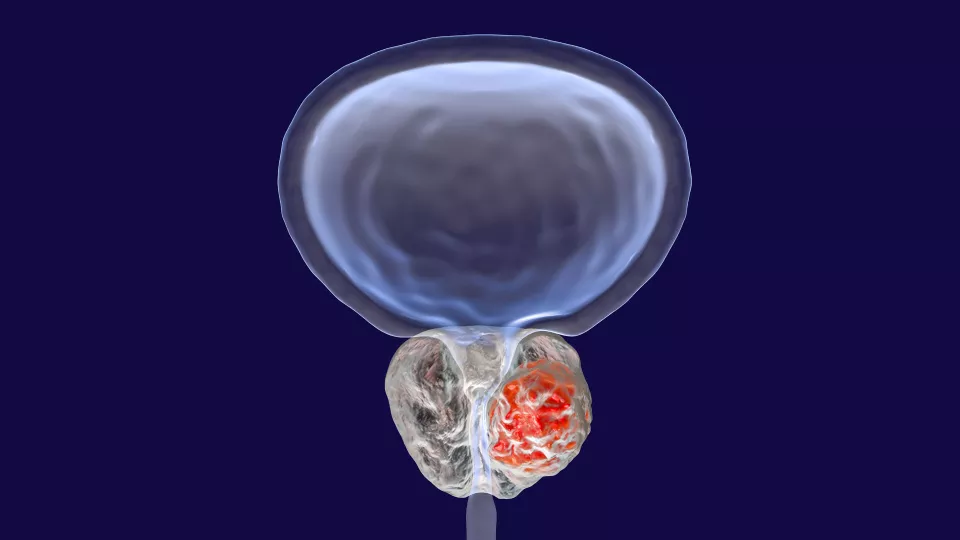News Brief
Improving Bladder and Sexual Function After Prostatectomy
May 1, 2024
Radical prostatectomy (RP) for prostate cancer can cause nerve damage leading to both erectile and bladder dysfunction, even when nerve-sparing surgical procedures are used. Recent animal-model research by Kelvin Davies, Ph.D., and Sylvia Suadicani, Ph.D., suggests that even when pelvic surgery avoids direct damage to urogenital organs, it can cause a systemic inflammatory response that damages nerves in both the penis and bladder.
The National Institute of Diabetes and Digestive and Kidney Diseases has awarded the researchers a five-year, $3.3 million grant to determine whether a pathological inflammatory response in the major pelvic ganglia triggers pelvic organ cross-communication that leads to the coordinated development of bladder and erectile dysfunction. Using animal models, the researchers will compare the impact of different levels of pelvic surgical trauma with the levels of inflammatory response found in various pelvic areas. The researchers will also test whether the use of anti-inflammatory drugs can improve urogenital function after surgery.
Dr. Davies is professor of urology and of molecular pharmacology at Einstein. Dr. Suadicani is professor of urology and of molecular pharmacology at Einstein. (1R01DK139328)



